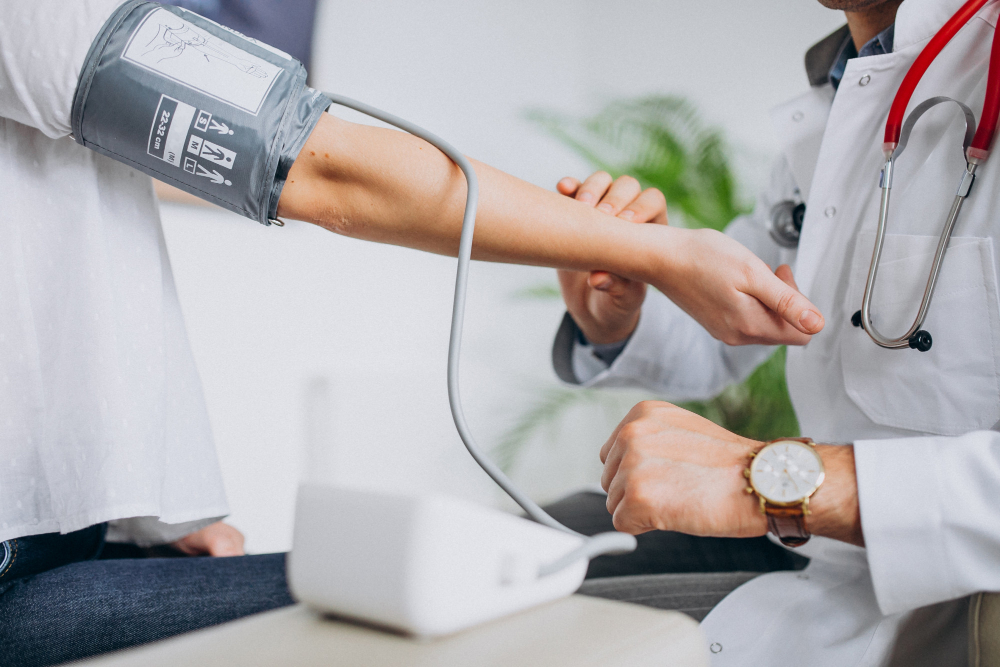Maintaining healthy blood pressure levels is essential for overall well-being. While genetics and lifestyle choices play significant roles, certain over-the-counter (OTC) products, foods, and prescription medications can surprisingly influence blood pressure levels. Understanding these culprits can empower individuals to make informed choices for their health. Let’s have a look at some common OTC products, foods, and prescription medications that are known to raise blood pressure.
Common OTC Products and Prescription Medications:
- Non-Steroidal Anti-Inflammatory Drugs (NSAIDs):
- Ibuprofen
- Naproxen sodium
- Aspirin (in high doses)
These medications can interfere with kidney function and fluid balance, leading to increased blood pressure. Individuals with hypertension or those at risk should consult healthcare professionals before using NSAIDs regularly.
2. Decongestants:
- Pseudoephedrine
- Phenylephrine
- Decongestants can constrict blood vessels, leading to elevated blood pressure. Individuals with hypertension should use them cautiously and under medical supervision.
3. Corticosteroids:
- Prednisone
- Dexamethasone
- Corticosteroids can cause sodium retention and fluid imbalance, contributing to hypertension, especially with long-term use. Monitoring blood pressure and discussing alternatives with healthcare providers is essential.
Common Foods and Dietary Items:
- Sodium-rich Foods:
- Processed foods (e.g., chips, frozen meals)
- Canned soups and sauces
- Deli meats and cheese
- Excessive sodium intake can lead to water retention and increased blood pressure. Opting for low-sodium alternatives and cooking fresh meals at home can help manage blood pressure levels.
2. Artificial Sweeteners:
- Saccharin
- Aspartame
- Sucralose
- Some artificial sweeteners may have hypertensive effects and are commonly found in diet sodas, sugar-free candies, and low-calorie snacks. Moderation and choosing natural sweeteners like stevia or honey can be healthier options.
3. High-Caffeine Products:
- Coffee
- Tea
- Energy drinks
- Excessive caffeine consumption can lead to temporary spikes in blood pressure. Monitoring intake and choosing decaffeinated options can help maintain stable blood pressure levels.
4. Alcohol:
- Beer
- Wine
- Liquor
- Excessive alcohol consumption can lead to dehydration and elevated blood pressure. Following recommended guidelines for alcohol consumption and practicing moderation are essential for heart health.
Awareness of the impact of certain over-the-counter products, foods, and prescription medications on blood pressure levels is paramount for maintaining cardiovascular health. By making informed choices and adopting healthier habits, individuals can mitigate the risk of hypertension and its associated complications. Regular monitoring of blood pressure levels, alongside lifestyle modifications and medical guidance, can contribute to long-term cardiovascular wellness.
Embracing a balanced diet, staying hydrated, and prioritizing physical activity are key pillars of blood pressure management. Let’s empower ourselves with knowledge and make conscious decisions to promote heart-healthy living. Please consult with your healthcare provider to help you make informed choices regarding your health.

